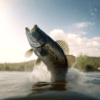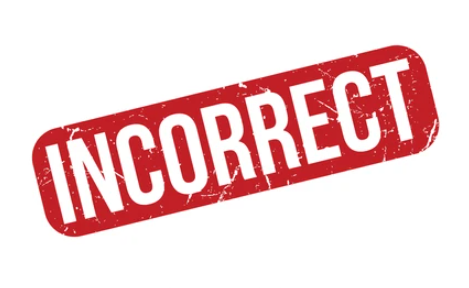Introduction:
Angling, whether in the sea, carp or course, or even predator fishing, is an art that involves understanding the behaviour of fish. You don’t need to be a fish psychologist. But there is one intriguing aspect of the pursuit of catching a fish: the potential of the memory capacity of certain fish. Also, how it influences their response to flies, lures, baits, and bait attractors (smells). In this blog, we delve into the captivating world of fish memory. It explore its implications for angling success across different fishing environments and ask the question do fish have memories? Simply put, if you have spent far, far too many hours on the banks of a stocked pond without even a bite then it may simply be that the fish know you are there and won’t bite. Especially if they have been caught out that way before.
Understanding Fish Memory:
Angling is an art that involves understanding the behaviour of fish as memory refers to their ability to retain and recall information. This includes past experiences with certain stimuli such as flies, lures, and bait attractor smells. While the extent of fish memory is still a subject of debate among scientists, there is ample evidence to suggest that many fish species possess remarkable memory capabilities. What do you think and have you experienced this phenomenon yourself perhaps?
Sea Angling:
In sea angling, fish memory plays a crucial role in determining the effectiveness of various fishing techniques. For example, certain species, like salmon and trout, are known to remember the characteristics of specific flies. Anglers often rely on this knowledge to vary their approach. Moreover, present flies that mimic natural prey items. Also, It’s important to avoid patterns that fish may recognize as artificial. Finally, Tell us what techniques you have deployed to cater to fish memory and what successes you have had in doing so….
Carp and Course Fishing:
In carp and course fishing, fish memory can influence bait selection and presentation. Carp, in particular, are renowned for their ability to associate certain smells and tastes with danger. Anglers often use flavored baits and attractors to stimulate the curiosity of carp. Finally, be mindful of overexposure to certain flavors that may trigger avoidance behavior.
Predator Fishing:
In predator fishing, understanding fish memory is essential for enticing strikes from species like pike, muskie, and bass. These apex predators have keen senses and can quickly learn to associate certain lures or bait presentations with danger. Anglers employ a variety of tactics, such as changing lure colors and sizes or experimenting with retrieval speeds, to keep predators guessing and increase their chances of success.
Some Practical Tips and Suggestions for Anglers:
- Rotate Your Lures and Flies: Avoid using the same patterns or presentations repeatedly in the same fishing spot to prevent fish from associating them with danger.
- Experiment with Different Attractors: Mix up your bait attractors and scents to maintain fish curiosity and prevent habituation.
- Stay Observant: Pay attention to fish behaviour and adjust your approach based on their responses to your offerings.
- Be Patient: Fish memory may require time to develop, so persistence and adaptability are key traits for successful anglers.
Conclusion:
Fish memory is a fascinating aspect of angling that underscores the importance of adaptability and observation in fishing practices. Its an important learning process to becoming a skillful angler. By understanding how fish perceive and remember stimuli, anglers can refine their techniques and increase their chances of hooking elusive quarry across diverse fishing environments. So, next time you’re on the water, remember, consider the role of fish memory in shaping your angling strategy and enjoy the thrill of outsmarting your piscine and sometimes very elusive adversaries.











